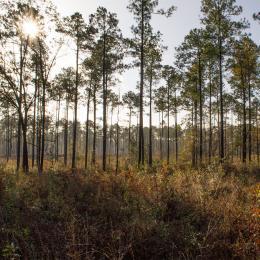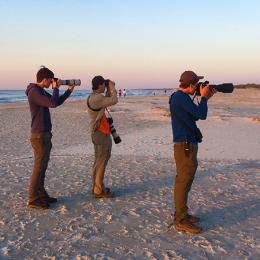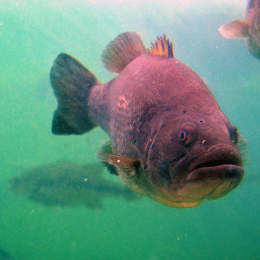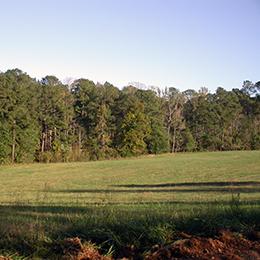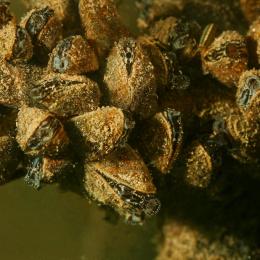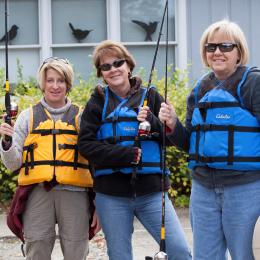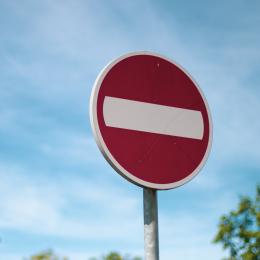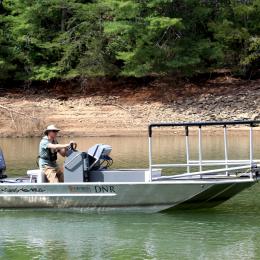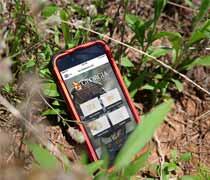Explaining Archaeology
Archaeology is a science that focuses on learning about the past from the material remnants that people left behind. We are much like detectives putting together the scattered clues from a crime scene, except that our crime scenes are archaeological sites. An archaeological site is simply a place where people did something in the past. Our clues might be garbage from an 18th century trash pit, a broken pot made by an Indian 2,000 years ago, or a shipwreck.
What all these things have in common is that they have stories to tell that are not written down for us in books or other records. The average frontier housewife in 1740s Georgia didn't write down what her family ate, where they bought their goods, what their house looked like, or what types of illnesses they suffered from. American Indian cultures were pre-literate, so there are no written records at all about them until DeSoto made his entrance onto the world stage in 1540. And people rarely take the time to write down what is happening when their ship sinks in a gale. Consequently, the only way to know about the real lives of real people in our past is through archaeology.
Being a Good Steward of the Past
Archaeological sites are non-renewable resources. That means we have to be good stewards of those resources so that our grandchildren, and archaeologists of the future, can learn from them as well. Being a good steward means not picking up artifacts from a site without making a record of where they were found and not selling artifacts, thereby fueling the looting of sites for profit. It also means never picking up or digging for artifacts on public lands or in public waters because those artifacts, and the sites they come from, belong to all Georgians. Georgia law prohibits digging artifacts from property you don't own without the written permission of the landowner, including state or federally owned lands.
As you browse our website, please remember that archaeological sites provide a window to our past. We can be proud that Georgia, where people have lived for more than 12,000 years, has one of the richest archaeological records in North America. It is up to all of us as Georgia citizens to pass that record, and the lessons it holds, on to our children and grandchildren.





